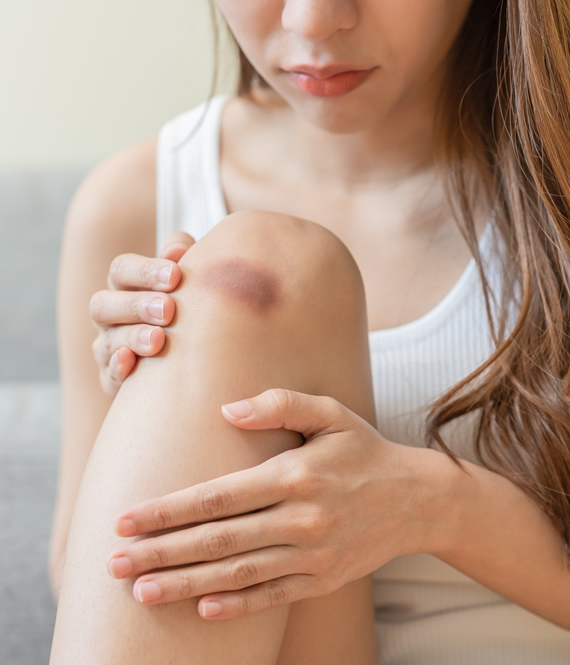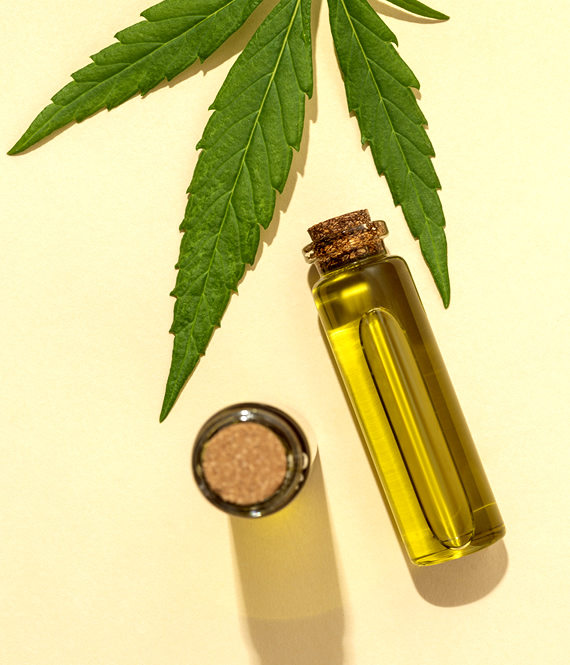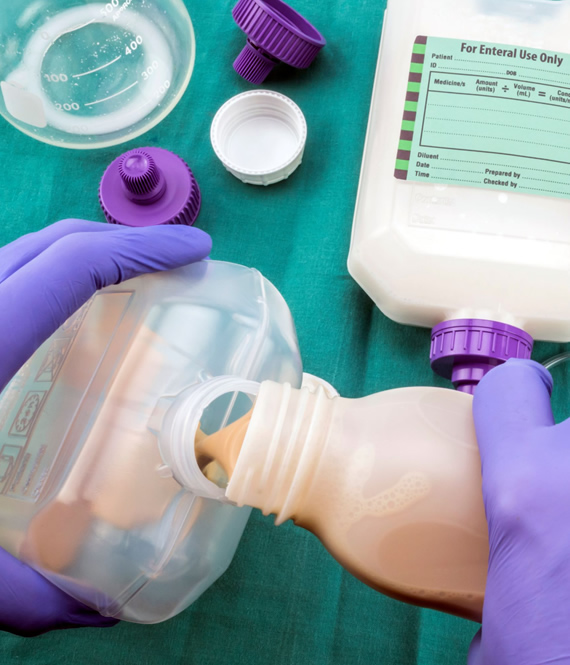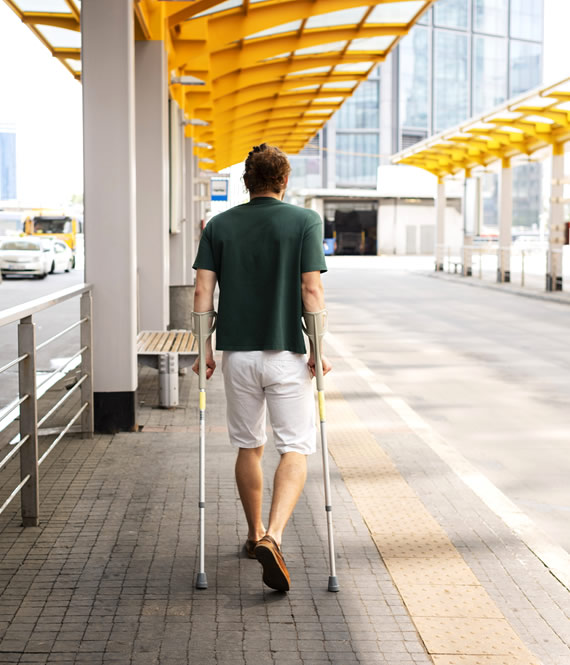
Getting a Vasectomy: 5 Important Things To Think Through Before You Schedule
We recommend helpful products in our articles. Read our full disclosure here. The content on this website is not intended to be a substitute for professional advice, diagnosis, or treatment.
Also known as male sterilization, getting a vasectomy is a highly effective, permanent birth control method.
It is often recommended to couples who do not want to have kids in the future.
Vasectomy is an important decision that can have lasting effects on your life.
It’s critical to be informed.
In this article, we’re taking a look at 5 important things to consider before getting a vasectomy.
Things To Know Before Getting a Vasectomy
Talk to your doctor, spouse, and family before getting a vasectomy
If you are thinking about getting a vasectomy, you should at least talk to your doctor.
So, schedule a consultation, and have an honest chat with your doctor.
During the consultation, your doctor will ask you about your medical history and the reason why you wish to have the vasectomy.
It is extremely important not to come to this decision alone.
Instead, talk to your doctor, spouse, family, and even your best friend if you trust them.
If you are interested in the procedure and are currently located in Australia, you can visit the Marie Stopes Gold Coast clinic.
Alternatively, schedule a consultation with your local doctor.
Ask Your Doctor How Vasectomy Is Performed
A vasectomy is a surgery designed to make your semen sterile.
It is done in the doctor’s office in most cases, but it can be done in the hospital or clinic, as well.
The surgery takes around 10 to 30 minutes to be performed.
You should ask your vasectomy doctor about the process of getting a vasectomy in their particular clinic.

In most cases, getting a vasectomy will follow similar steps.
- Numbing the surgery area. Usually, the vasectomy surgery is done under local anesthesia but that can vary from one patient to the other.
- As anesthesia takes effect, your doctor will use a scalpel or a device, to make a tiny cut or a puncture wound, on each side of the stratum.
- Through that wound, the surgeon will locate the vas deferens, which are tubes in charge of transferring sperm to semen.
- After locating the tubes, they will be cut and sealed by tying or using heat.
There are also other methods your doctor might use.
- After that is done, your doctor will close the incision with stitches or glue.
Sometimes, the wound is so small that it might be left open, to heal on its own.
After Getting a Vasectomy: Things To Expect
After getting a vasectomy surgery it is normal to experience some swelling, bruising, and pain.
This should get better within a couple of days.
Your doctor should talk to you about the recovery process and what you can expect.
If you experience anything out of the ordinary, it is important that you call your doctor right away.
For example, if there are any signs of infection, a high temperature, bad pain hours after the surgery, blood oozing from the surgery site, and other things, do not hesitate to call your doctor.
After the surgery, you need to have proper support for the scrotum, such as a bandage and tight-fitting underwear.
Your doctor might recommend you wear them for at least 48 hours and apply ice packs to get rid of the swelling.
You should limit physical activity after the surgery, and avoid any sexual activity for a week or more (your doctor will give an exact number).
What Are The Risks Of Getting a Vasectomy?
One of the biggest concerns of getting a vasectomy is whether you would change your mind.
Although the vasectomy can be reversed in most cases, that is not something that you should be riding on.
Instead, go through with the vasectomy surgery only if you are 100% sure that you do not want to have kids in the future.
Other risks of getting a vasectomy might involve:
- Blood in the semen;
- Bruising of the scrotum;
- Infection of the surgery site;
- Blood clots and bleeding;
- Mild pain and discomfort.
Keep in mind that if you are experiencing any of these symptoms in the extremes, you should contact your doctor.
You can also consult Marie Stopes for more information, or you can schedule a consultation with your local doctor instead.
Vasectomy Effects Are NOT Immediate!
If you do not want to have kids in the future, getting a vasectomy can be a great choice.
But it’s important to know that after the surgery, your semen will not be immediately sterile.
It is important that you use other forms of contraceptives, in order to avoid unwanted pregnancies.
It takes time for sperm to leave your body, so talk to your doctor about this.
Usually, it takes somewhere from 15 to 20 ejaculations after the vasectomy for sperm to completely leave your body.
Most doctors will tell their patients to come back after 12 weeks for a checkup.
Conclusion
Getting a vasectomy surgery is one of the most effective ways to prevent unwanted pregnancies.
If you and your partner no longer want kids in the future, vasectomy surgery is a viable option to consider.
Of course, you should first learn more about the surgery before you decide to go through with it.
So, schedule a consultation and ask your doctor about the vasectomy procedure and what you can expect in your particular case.
"We love to research problems, examine studies, analyze solutions, and share with you ideas that make life healthier. You can learn about us and our editorial standards here. Have suggestions or feedback to share? Send us a message!."













Leave a Comment